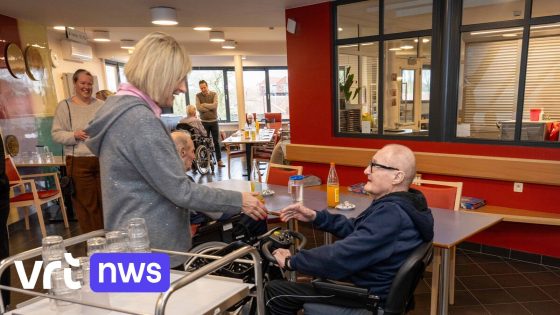On February 24, 2025, local politicians in Belgium spent a day working alongside staff in care facilities. This initiative aims to understand the daily challenges faced by healthcare workers. But how effective is this hands-on approach in improving care quality?
- Local politicians engage with healthcare workers
- Minister Crevits assists at care facilities
- Politicians experience hands-on care roles
- Importance of communication in healthcare highlighted
- Extra help makes a significant difference
Belgian Politicians Experience Life on the Frontlines of Healthcare
Why do politicians choose to spend time in care facilities? By stepping into the shoes of healthcare workers, they gain valuable insights into the realities of caregiving. This engagement can lead to more informed policies and improved conditions for both staff and patients.
The Impact of Politician Engagement on Healthcare Facilities
This week-long experience allows politicians to witness firsthand what goes on in nursing homes and childcare centers. Their involvement can spark discussions about necessary reforms and resource allocation within these sectors.
The Benefits of Direct Involvement from Politicians
Engaging with care staff offers numerous advantages:
- Increased awareness of daily challenges faced by caregivers.
- Opportunities for policy adjustments based on real-world feedback.
- A chance to foster collaboration between government officials and healthcare providers.
- Enhanced public trust through visible commitment from elected leaders.
Cultivating Empathy Through Shared Experiences
The act of participating in caregiving tasks helps bridge gaps between policymakers and those they serve. It encourages a culture where understanding leads to actionable changes that benefit everyone involved.
The Future of Care Policies: Lessons Learned
This initiative underscores the potential for positive change when leaders take an active role in understanding their constituents’ needs. As U.S. policymakers consider similar approaches, fostering direct connections with caregivers could lead to significant improvements across health systems nationwide.





























